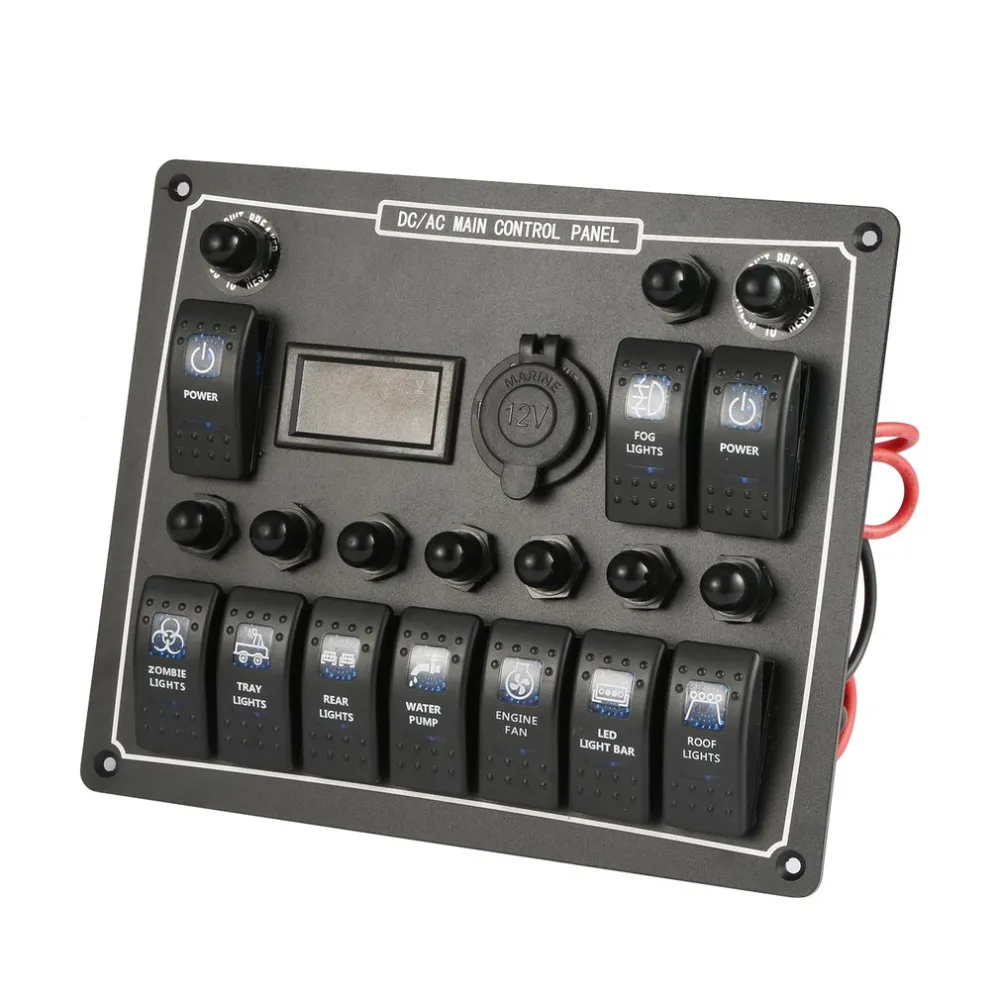

SWITCH CONTROL SERIES
KIT mutation in mast cells and other bone marrow hematopoietic cell lineages in systemic mast cell disorders: A prospective study of the Spanish Network on Mastocytosis (REMA) in a series of 113 patients.

Garcia-Montero AC, Jara-Acevedo M, Teodosio C, et al. Kinase mutations and imatinib response in patients with metastatic gastrointestinal stromal tumor. Heinrich MC, Corless CL, Demetri GD, et al. Heterogeneity of kinase inhibitor resistance mechanisms in GIST. Ripretinib is a well-tolerated, novel inhibitor of KIT and PDGFRA mutant kinases with promising activity in patients with refractory advanced GIST. Objective response rate (confirmed) of 11.3% (n = 16/142) ranging from 7.2% (n = 6/83 fourth line or greater) to 19.4% (n = 6/31 second line) and median progression-free survival ranging from 5.5 months (fourth line or greater) to 10.7 months (second line), on the basis of investigator assessment, were observed. The most frequent (> 30%) treatment-emergent adverse events in patients with GIST receiving ripretinib 150 mg once daily (n = 142) were alopecia (n = 88 ), fatigue (n = 78 ), myalgia (n = 69 ), nausea (n = 65 ), palmar-plantar erythrodysesthesia (n = 62 ), constipation (n = 56 ), decreased appetite (n = 48 ), and diarrhea (n = 47 ). MTD was not reached (maximum dose evaluated, 200 mg twice a day) 150 mg once daily was established as the RP2D. Three DLTs were reported: grade 3 lipase increase (n = 2 100 mg and 200 mg twice a day) and grade 4 increased creatine phosphokinase (n = 1 150 mg once daily). Safety, dose-limiting toxicities (DLTs), maximum-tolerated dose (MTD), and preliminary antitumor activity were evaluated.Īt data cutoff (August 31, 2019), 258 patients (n = 184 GIST) were enrolled, with 68 patients in the dose-escalation phase. Eligible patients included those with advanced GIST, intolerant to or experienced progression on ≥ 1 line of systemic therapy, and other advanced malignancies. This first-in-human, to our knowledge, phase I study of ripretinib ( identifier: NCT02571036) included a dose-escalation phase and subsequent expansion phase at the recommended phase II dose (RP2D). Ripretinib is a novel switch-control kinase inhibitor designed to inhibit a wide range of KIT and PDGFRA mutations.

In advanced gastrointestinal stromal tumor (GIST), there is an unmet need for therapies that target both primary and secondary mutations of pathogenic KIT/PDGFRA oncoproteins. 13 Department of Medical Oncology, Dana-Farber Cancer Institute, Boston, MA.12 HonorHealth Research Institute, Scottsdale, AZ.11 Deciphera Pharmaceuticals, LLC, Waltham, MA.10 Department of Sarcoma Medical Oncology, The University of Texas MD Anderson Cancer Center, Houston, TX.9 Department of Medical Oncology, Leiden University Medical Center, Leiden, the Netherlands.8 Department of Medicine, Sylvester Comprehensive Cancer Center, University of Miami Health System, Miami, FL.7 Department of Oncology, Stanford University Medical Center, Palo Alto, CA.



 0 kommentar(er)
0 kommentar(er)
